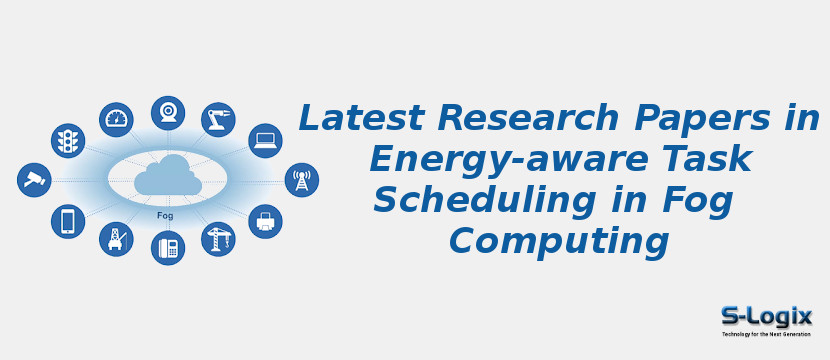Energy-aware task scheduling in fog computing is a critical research area that focuses on efficiently assigning computational tasks to fog nodes while minimizing energy consumption, reducing latency, and maintaining Quality of Service (QoS). Research papers in this domain explore static, dynamic, and adaptive scheduling strategies that consider heterogeneous node capabilities, fluctuating workloads, network conditions, and energy constraints. Studies highlight heuristic algorithms, metaheuristic approaches, optimization models, and machine learning techniques—including reinforcement learning and predictive analytics—for intelligent, context-aware, and energy-efficient task scheduling. Recent works also investigate multi-tier fog–edge–cloud architectures to improve scalability, fault tolerance, and service continuity while optimizing energy utilization across distributed fog infrastructures. Security- and privacy-aware energy-efficient scheduling frameworks are increasingly emphasized to ensure data protection without compromising performance. Applications include smart healthcare, autonomous vehicles, industrial IoT, smart cities, and latency-sensitive multimedia services. Overall, research in energy-aware task scheduling in fog computing enables adaptive, efficient, and sustainable management of distributed workloads, ensuring high performance, energy efficiency, and reliability in next-generation fog computing systems.
